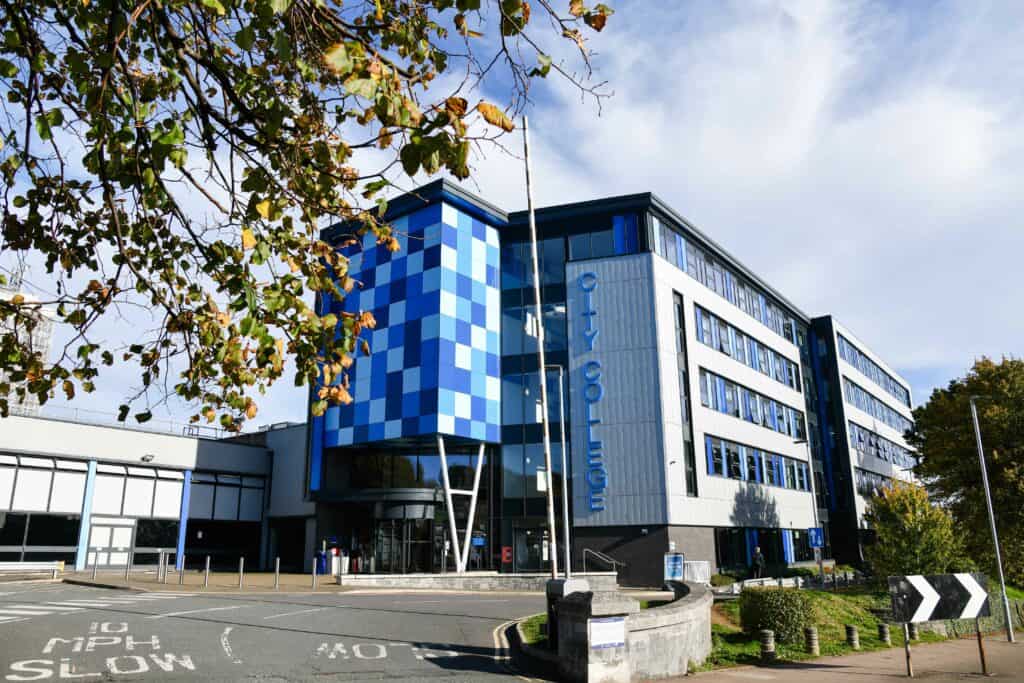City College Plymouth is committed to being the training provider of choice, ensuring that our curriculum aligns with the evolving needs of local, regional, and national employers. To achieve this, the College places diversification and strong industry partnerships at the heart of its strategy, requiring staff at all levels to actively engage with key stakeholders across multiple sectors. By creating robust relationships with wider civic, educational, and community partners, the College ensures a cohesive approach to workforce development, where all partners receive a consistent level of quality, engagement, and service.
A fundamental element of this engagement is providing a single point of contact for employers and stakeholders, ensuring that businesses seeking training solutions can easily access tailored support and expertise. This approach allows organisations to navigate the College’s training offer efficiently, ensuring that decision-makers responsible for workforce development understand available opportunities and can seamlessly integrate them into their operations. By reducing complexity and enhancing employer engagement, the College strengthens collaborative partnerships that drive economic growth and skills development.


